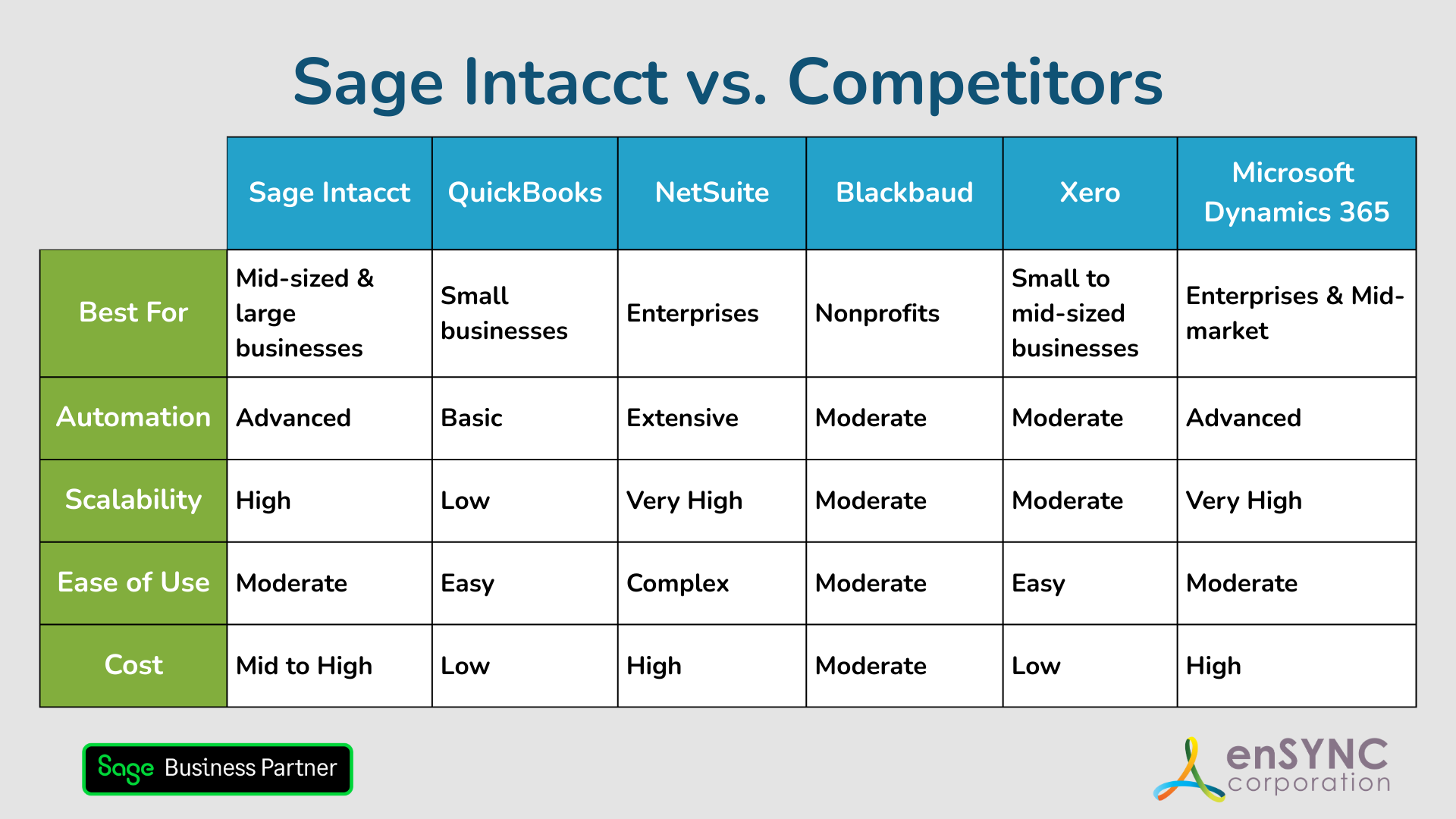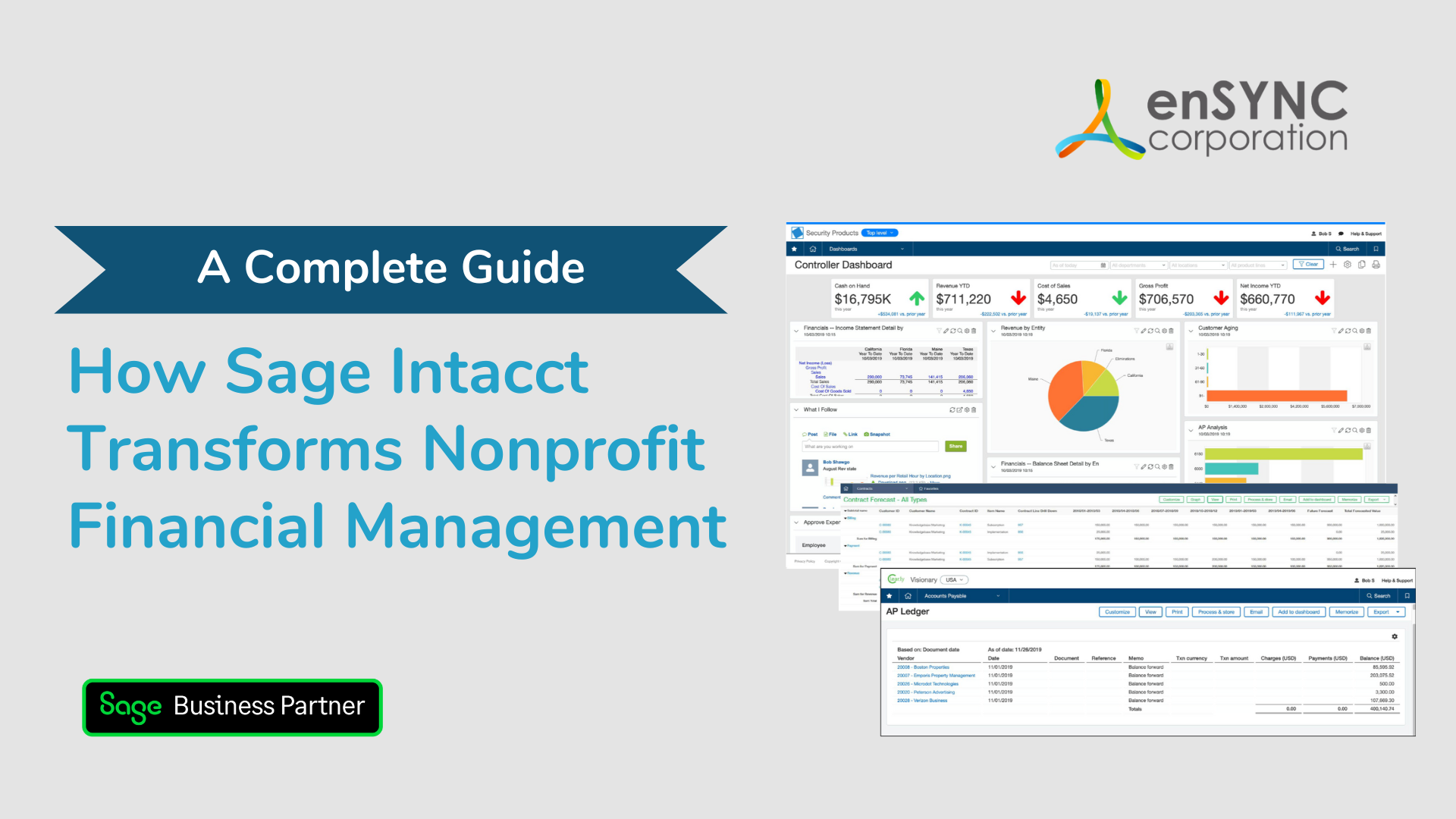Blog | Technology & digital transformation | Compliance & security | Nonprofits
Cloud Computing for Nonprofits: Don't Sleep on These Benefits
June 15, 2021
|
Digital technology is becoming easier to access, operate and adapt - and that’s great news for nonprofits looking to save money, increase productivity and improve collaboration.
A cloud transition can help lower operating costs, increase infrastructure efficiency, and improve employee workflows.
Cloud computing, also referred to as cloud services or tools, is a part of the next phase of digital transformation. It allows your organization to access a variety of IT services across the internet that include software, storage, network services, and databases.
The benefits of cloud computing are numerous and growing. Besides allowing your organization to tap into the latest technology, a cloud transition can help lower operating costs, increase infrastructure efficiency and improve employee workflows. With cloud computing, you can tailor technological services precisely to your organization’s requirements in the present with the ability to scale easily as operations expand and contract.
Cloud computing brings multiple benefits to nonprofits
Organizations of all types and sizes are taking their businesses to the cloud, from Wall Street finance firms to trade organizations to member-based businesses. Like many technological innovations, once an organization experiences the benefits of cloud computing, it’s hard to go back - and a post-COVID-19 world has made workplace flexibility more important than ever before. Along with increasing mobility, transitioning to cloud-based systems offer numerous additional benefits that include:
1. Cloud migration helps employees do more in less time.
Cloud computing improves productivity - and that can make a big difference for a nonprofit’s bottom line. It offers ultimate mobility and communication flexibility by allowing employees to access their work from the office, their home, or a co-working space across the world.
With cloud services, employees connect to the internet, log in, and complete their work online. From there, they can organize folders, share documents and collaborate on shared projects. There are no email back-and-forths, lost email attachments or other timely issues associated with traditional systems that zap workflow efficiency.
2. Cloud computing saves IT costs.
Cloud computing will allow your organization to cut back on IT costs significantly while accessing world-class technology. That means reduced hardware investment, upgrades, maintenance, troubleshooting, tracking software licenses, and more redundant IT tasks that waste time and reduce productivity.
Cloud computing will allow your organization to cut back on IT costs significantly while accessing world-class technology.
Using cloud services puts the vendor in the driver’s seat when it comes to server and network maintenance. All your employees have to do is connect and get to work while you direct resources from IT to your organization’s mission.
3. Cloud-based services can increase donor engagement.
The cloud is connecting software and services through integrations that increase connectivity. That means your employees will be able to collaborate more effectively to engage donors through the use of online-only features.
Cloud-based association management systems (AMSs)that centralize donor data can integrate with cloud-based fundraising software or cloud-based accounting software. Collating supporter information in a single place can improve collaboration, leading to more personalized experiences and increased donor engagement.
4. Cloud-based learning software (LMS) drives education-based goals.
Nonprofits looking to extend their mission beyond their regular business activities can leverage LMSs to deliver educational programs and train staff. Cloud-based LMS software helps organizations streamline the administration and delivery of educational material with greater speed and efficiency than ever before.
A cloud-based LMS allows employees to create course content, upload materials, and deliver courses tailored to their specific department or location. Administrators can track progress, ensure learning objectives are met, and engage with users to provide support and obtain feedback.
5. Cloud computing provides unparalleled security.
Nonprofits considering nonprofit cloud migration options are often concerned about the security of the organization’s financial and donor data. Those concerns are valid - especially because a data breach results in more than just financial loss - it can permanently damage an organization’s reputation.
According to a recent report by the Bank of America, 30% of respondents said they would permanently end a relationship with a business that suffered a data breach.
That’s why cloud service providers make safety a priority with measures that include:
Threat intelligence - Third-party cloud service providers have stable and reliable threat intelligence mechanisms. These safety protocols allow them to quickly identify and neutralize threats before they transform into larger problems.
Identity and Access Management (IAM) - IAM systems ensure that the right people access your data through systems that identify, authenticate and regulate access for all IT resources.
Encryption - Encryption encodes your data in an unreadable format while it’s being transferred, shared and stored.
Physical security - Along with technological measures, cloud computing providers also have stringent physical security measures in place that control access to the premises and any equipment.
Start the journey with a cloud readiness assessment
Your organization’s path to the cloud begins with a nonprofit cloud readiness assessment. It will give you a greater understanding of how to migrate to the cloud in the smoothest way possible by identifying goals and the fastest way to achieve them.
The benefits of cloud computing continue to grow as the technology evolves. The primary advantage cloud services give to nonprofits is the ability to outsource numerous IT services with minimal infrastructure investment. That gives your organization the resources to focus on your mission - and that may be the greatest benefit of all.
The primary advantage cloud services give to nonprofits is the ability to outsource numerous IT services with minimal infrastructure investment.
Let enSYNC guide you on a path towards digital transformation. Our client-first approach starts with a plan aligned with your mission, followed by implementation, maintenance and ongoing support. Our mission is to help nonprofits navigate the digital landscape, and we are committed to helping you fulfill your mission with the power of technological innovation.
Recent Posts

Sage Intacct vs. Competitors: Finding the Best Accounting Solution for Your Nonprofit
Choosing the right accounting software is a critical step for any organization — and a deeply personal one, too. How to choose the accounting...

How Sage Intacct Transforms Nonprofit Financial Management: A Complete Guide
Staying on top of financial management is crucial for all businesses, especially nonprofits. Nonprofits often have limited resources and handle...
Enjoying our blog?
At enSYNC, we want to empower associations and nonprofits to make well-educated decisions. If you want our industry knowledge (and other free guides) sent directly to your inbox, fill out the form below.


